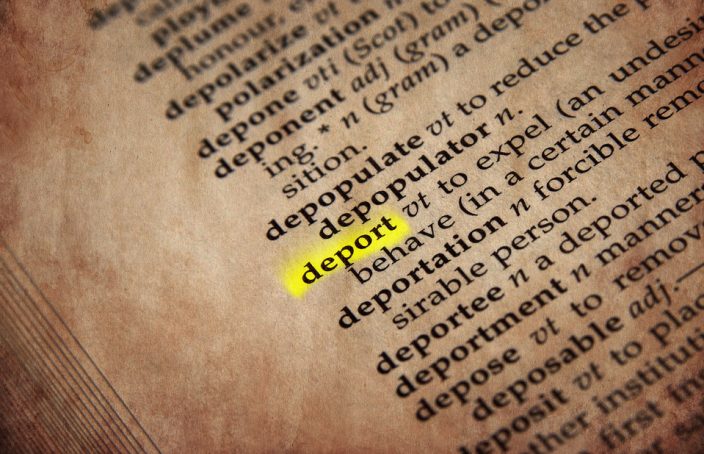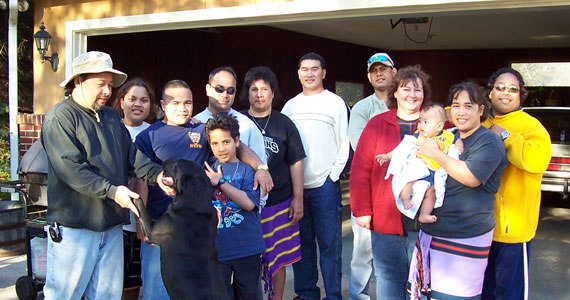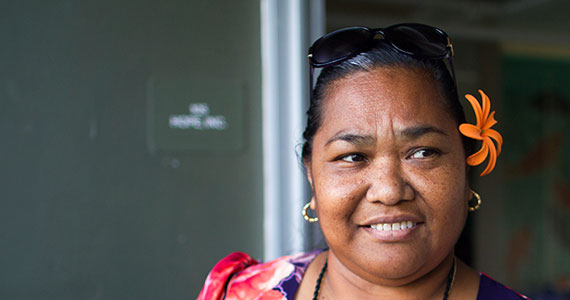Dear FSM: Don?t Go to War with Guam over Deportation
The Governor of Guam has taken measures to return certain convicts from FSM to their home island, as we know from the wide media coverage. The individuals haven?t been ?deported? exactly, although that?s how the FSM government sees it. They have been provided with a one-way ticket home and told they may never return to Guam in exchange for a commuted sentence that gets them out of the Guam jail a year or two earlier.
A few months ago, while FSM was pondering how to react, I was asked by a high FSM official how they should handle the matter. My strong suggestion at that time was that the FSM Government keep a discreet silence and let the elected officials on Guam do what they thought was needed. Plainly, FSM did not take this advice, but instead reacted negatively to the Guam initiative. So, let me make my case again on why I think it?s a bad idea to go to war with Guam on this matter.
The FSM is making the case that Guam has no authority to deport migrants from Guam back to the FSM. This we all know, but Guam is responding that the return of the convicts is ?voluntary??they get out of jail early and free passage home. But let?s leave aside the legal ramifications and get down to more substantial issues.
First, the FSM?s reaction to this issue is not doing any favors for?the migrants here on Guam?and I can speak with some authority since I am working with them all the time. Convicted felons, often with names and photos in?the local paper, are an embarrassment to FSM families who are trying to make it here on Guam. These families are struggling to make a decent living and to shed the stigma they unfortunately must bear in an island that is not their own. Repatriation might send a strong and needed signal that potential troublemakers can’t get away with anything they want. Any sane measure that Guam is taking to discourage migrants from landing in jail is a real benefit for all the FSM people here. Who needs more front-page bad publicity?
Second, the deal offered the convicts is a good one for them. If they are not thrown into jail once they return to their home island, they are at least living in the confinement of a small community?one that can exercise some control over their behavior. I don?t think they are career criminals anyway. Even if they end up in jail back home, they will be treated much better than they would on Guam. Let me simply say that the jails in each of the states of FSM (and Palau and the Marshalls as well, for that matter) do a far better job of rehabilitation than the Guam penal system does. Guam prison has the taste and smell of stateside institutions.
Third, picking a fight with Guam now is not an especially good strategy for the FSM. Guam is hosting FSM people here and paying a big share of the bill for it (as they have let everyone know loudly and repeatedly). Guam might not get full reimbursement for this from the Federal Government, but let the leaders take whatever fair measures they feel are needed to minimize the negative consequences. Guam is their own island, after all. Instead of going to war with Guam, FSM might recognize and applaud the benefits (jobs, education, medical treatment) its migrants receive on the island.
My advice to FSM, then, is that it should choose its battles more carefully. If we need something to fight about, why not medical benefits? Or something more useful than the legalistic quibbling over what really constitutes deportation?






